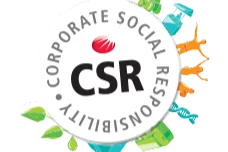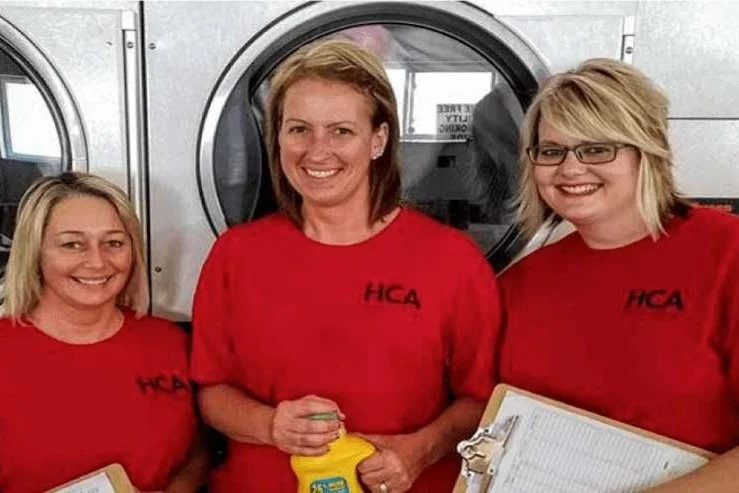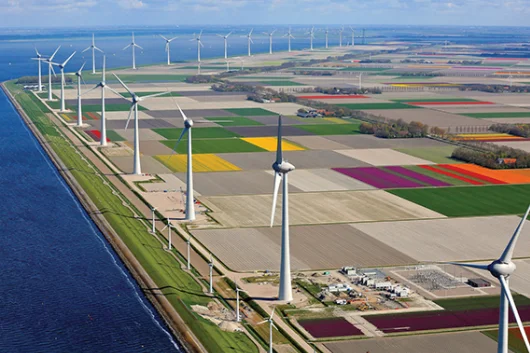CSR in RVO.nl – Netherland goes beyond the business

Corporate Social Responsibility (CSR) involves taking responsibility for the impact your business has on the environment, society, and employees while still pursuing economic success.
By striking the right balance between People, Planet, and Profit, businesses can address social issues such as internationally recognized basic working conditions, supply chain responsibility, and corruption. Effective CSR can lead to benefits like increased innovation capacity, loyalty, and an enhanced reputation.
The OECD Guidelines for Multinational Enterprises serve as CSR standards for internationally active entrepreneurs. The Dutch government highly values these standards, which have been developed in collaboration with 45 other countries. The guidelines cover several key themes, including:
- Transparency and reporting
- Human rights
- Working conditions
- Environment
Working Conditions
As an employer, it’s essential to provide good working conditions for your employees. There are many reasons to do so: motivated employees, reduced sickness, fewer incapacitated employees, lower staff turnover, a better reputation, and more efficient production. But what do ‘good working conditions’ entail, and what aspects should you consider?
Good Working Conditions
To ensure good working conditions, consider the following aspects:
- An acceptable level of pay
- No violence at work
- Employee training
- Healthcare
- Freedom of association
- Collaboration with employee organizations
- Respect for the religion and culture of employees
- Contributions to or provision of food and accommodation
- Provision of education for employees’ children
- No discrimination
- No child labor, forced labor, or compulsory labor
- Attention to employee health and safety at work
- Hiring and training local staff, where possible
- Establishing open communication with employees, particularly during significant changes
- No threats or pressure on staff
Supply Chain Responsibility
CSR extends beyond your business. Suppliers, subcontractors, and vendors involved in the production chain should also adhere to CSR principles. In emerging markets, it can be challenging to determine how each link in your supply chain operates. For instance, many small family-run businesses are part of the informal sector, where transparency is often lacking. This makes it difficult to guarantee that all products are manufactured responsibly.
Several instruments can help ensure the responsibility of your supply chain. Due diligence involves identifying and reporting the impact of your business activities on:
- The environment
- Corruption
- Working conditions
While many large organizations have systems to monitor suppliers, smaller businesses often lack the time and resources for this purpose. Fortunately, several initiatives can help smaller businesses gain insight into their suppliers.
European Monitoring System
One such initiative is the European Business Social Compliance Initiative (BSCI). BSCI provides a system for monitoring working conditions, aiming to improve global labor conditions. The BSCI system encourages suppliers to comply with International Labour Organization standards, among other things.
 Albania
Albania Algeria
Algeria Andorra
Andorra Argentina
Argentina Armenia
Armenia Australia
Australia Austria
Austria Azerbaijan
Azerbaijan Bahrain
Bahrain Belgium
Belgium Bolivia
Bolivia Brazil
Brazil Bulgaria
Bulgaria Cambodia
Cambodia Cameroon
Cameroon Canada
Canada Chad
Chad Chile
Chile China
China Colombia
Colombia Costa Rica
Costa Rica Croatia
Croatia Cyprus
Cyprus Czechia
Czechia Denmark
Denmark Ecuador
Ecuador Egypt
Egypt Finland
Finland France
France Georgia
Georgia Germany
Germany Ghana
Ghana Greece
Greece Hungary
Hungary Iceland
Iceland India
India Indonesia
Indonesia Ireland
Ireland Italy
Italy Jamaica
Jamaica Japan
Japan Jordan
Jordan Kazakhstan
Kazakhstan Kenya
Kenya Kuwait
Kuwait Latvia
Latvia Lebanon
Lebanon Libya
Libya Lithuania
Lithuania Luxembourg
Luxembourg Malaysia
Malaysia Maldives
Maldives Mali
Mali Malta
Malta Mexico
Mexico Moldova
Moldova Monaco
Monaco Morocco
Morocco Netherlands
Netherlands New Zealand
New Zealand Nigeria
Nigeria North Macedonia
North Macedonia Norway
Norway Oman
Oman




